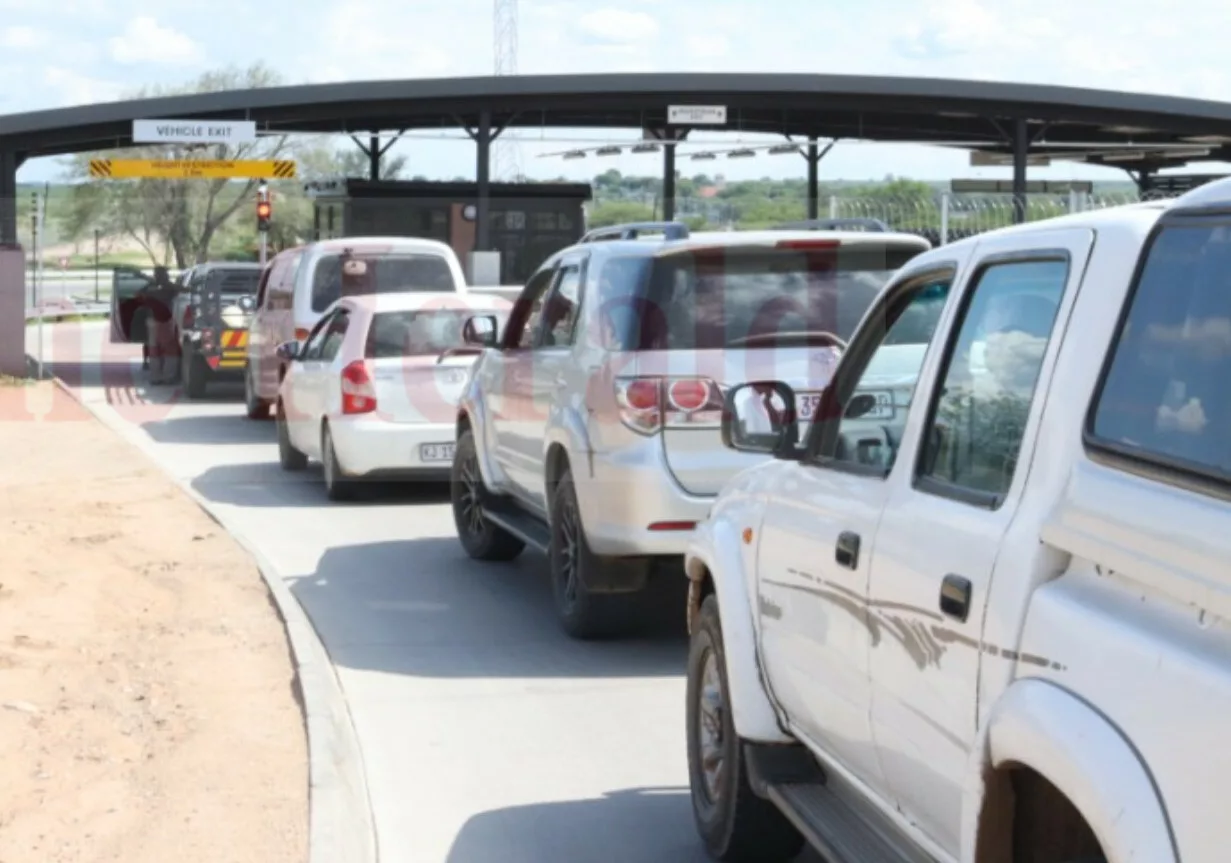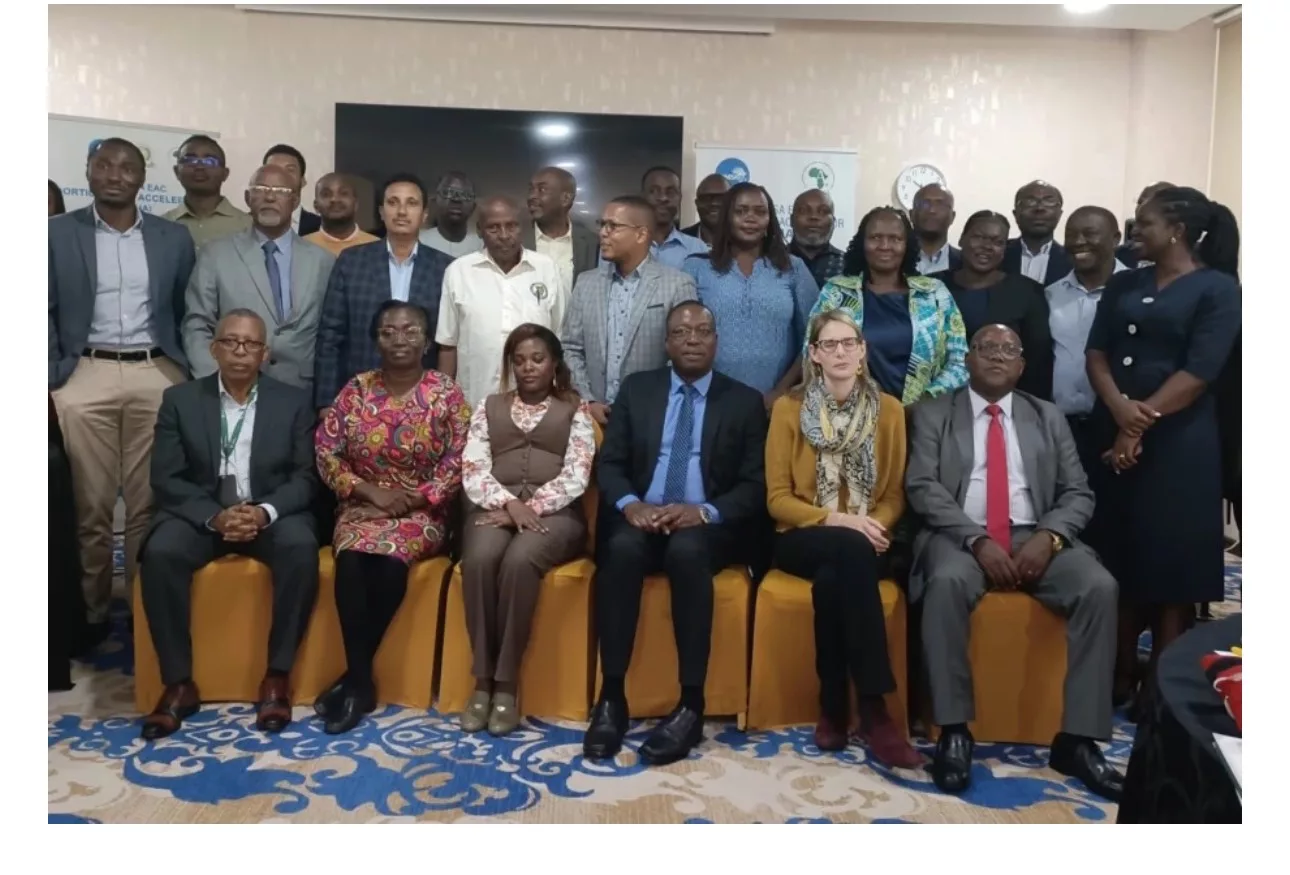|
Getting your Trinity Audio player ready...
|
Writes Engineer Jacob Kudzayi Mutisi
Zimbabwe, a country grappling with economic challenges, has recently made headlines with a policy decision that has sparked both debate and controversy. The government has partially lifted the ban on importing vehicles older than 10 years, granting this privilege exclusively to civil servants, returning residents, and diplomats. While the intention behind this move may be to provide some relief to these select groups, it raises questions about fairness and the broader implications for the nation’s citizens.
The backdrop to this issue is Zimbabwe’s ongoing economic woes. The country has long struggled with high unemployment, a depreciating currency, and a stagnant industrial sector. To address these challenges, the government has implemented various policies, including the previous ban on importing older vehicles. The rationale behind this ban was to protect the local automotive industry and encourage the purchase of newer, more fuel-efficient vehicles.
However, the latest policy shift, as outlined in Statutory Instrument (SI) 111 of 2024, has created a divide within Zimbabwean society. The regulations now allow certain groups, such as civil servants, returning residents, and diplomats, to import vehicles older than 10 years without paying import duties. This selective approach has raised eyebrows, with many questioning the fairness and equity of the decision.
One of the primary concerns is the uneven playing field created by this policy. Civil servants, who already enjoy the privilege of stable employment and regular salaries, are now being granted an additional advantage in the form of duty-free vehicle imports. This raises the question of why this opportunity is not being extended to the broader population, who may also be in need of affordable transportation options.
“It’s a clear case of favouritism,” argues George Wafa. “Civil servants are already a privileged group, with job security and regular paychecks. Granting them this additional benefit only widens the gap between them and the rest of the population, who are struggling to make ends meet.”
The argument for extending the duty-free import privilege to all citizens is a compelling one. Zimbabwe’s economy has been plagued by high inflation, purchasing new vehicles increasingly unaffordable for the average citizen. Allowing all Zimbabweans to import older, more affordable vehicles could have a positive impact on their quality of life and mobility.
“The government should be looking for ways to empower the entire population, not just a select few,” says Tafadzwa Ndlovu. “By opening up this opportunity to all citizens, the government could stimulate the economy, create jobs in the automotive industry, and improve the overall standard of living for Zimbabweans.”
The potential economic benefits of a more inclusive policy are significant. If more Zimbabweans were able to import affordable vehicles, it could lead to increased demand for spare parts, mechanics, and other automotive-related services. This, in turn, could generate employment opportunities and contribute to the country’s economic growth.
Furthermore, the availability of more affordable transportation options could have a ripple effect on other sectors, such as education and healthcare. Families with access to reliable and affordable vehicles would be better able to access essential services, improve their quality of life, and contribute to the overall development of the country.
However, the government’s decision to limit the duty-free import privilege to civil servants, returning residents, and diplomats suggests that there may be other factors at play. Some observers believe that this policy may be a way for the government to appease a key constituency, the civil service, which wields significant political influence.
“Civil servants are a crucial voting bloc, and the government may be trying to curry favor with them by granting this concession,” says Dumisani Chikomba. “It’s a short-sighted approach that fails to consider the broader needs of the Zimbabwean people.”
Another concern raised by critics is the potential for abuse and corruption. With the duty-free import privilege limited to a select group, there is a risk of the system being exploited by those with connections or influence. This could lead to a situation where civil servants or returning residents use the opportunity to engage in illicit activities, such as reselling imported vehicles at inflated prices.
“We have seen this kind of thing happen before in Zimbabwe,” says Henry Dhliwayo. “When you create policies that benefit only a few, it opens the door to abuse and undermines the public’s trust in the government.”
To address these concerns, some experts have suggested that the government should consider a more inclusive and transparent approach to vehicle imports. This could involve extending the duty-free privilege to all Zimbabwean citizens, or at the very least, implementing a clear and fair system for allocating the import licenses.
“The government needs to think beyond the immediate political benefits and focus on the long-term economic and social well-being of the country,” argues Dr. Munyuki. “A more equitable policy that benefits all Zimbabweans could have a far-reaching positive impact on the nation’s development.”
Additionally, the government could explore other ways to support the local automotive industry and encourage the adoption of newer, more fuel-efficient vehicles. This could include incentives for car manufacturers, investment in public transportation, or the implementation of stricter environmental regulations.
In the end, the decision to grant civil servants exclusive access to duty-free vehicle imports is a complex and multifaceted issue. While the government may have had its reasons for this policy choice, it has undoubtedly created a sense of resentment and frustration among the broader Zimbabwean population.
As the country continues to navigate its economic challenges, the government must take a more holistic and inclusive approach to addressing the needs of all its citizens. By fostering a level playing field and creating opportunities for everyone, Zimbabwe may be able to unlock its full economic potential and work towards a more prosperous and equitable future.






